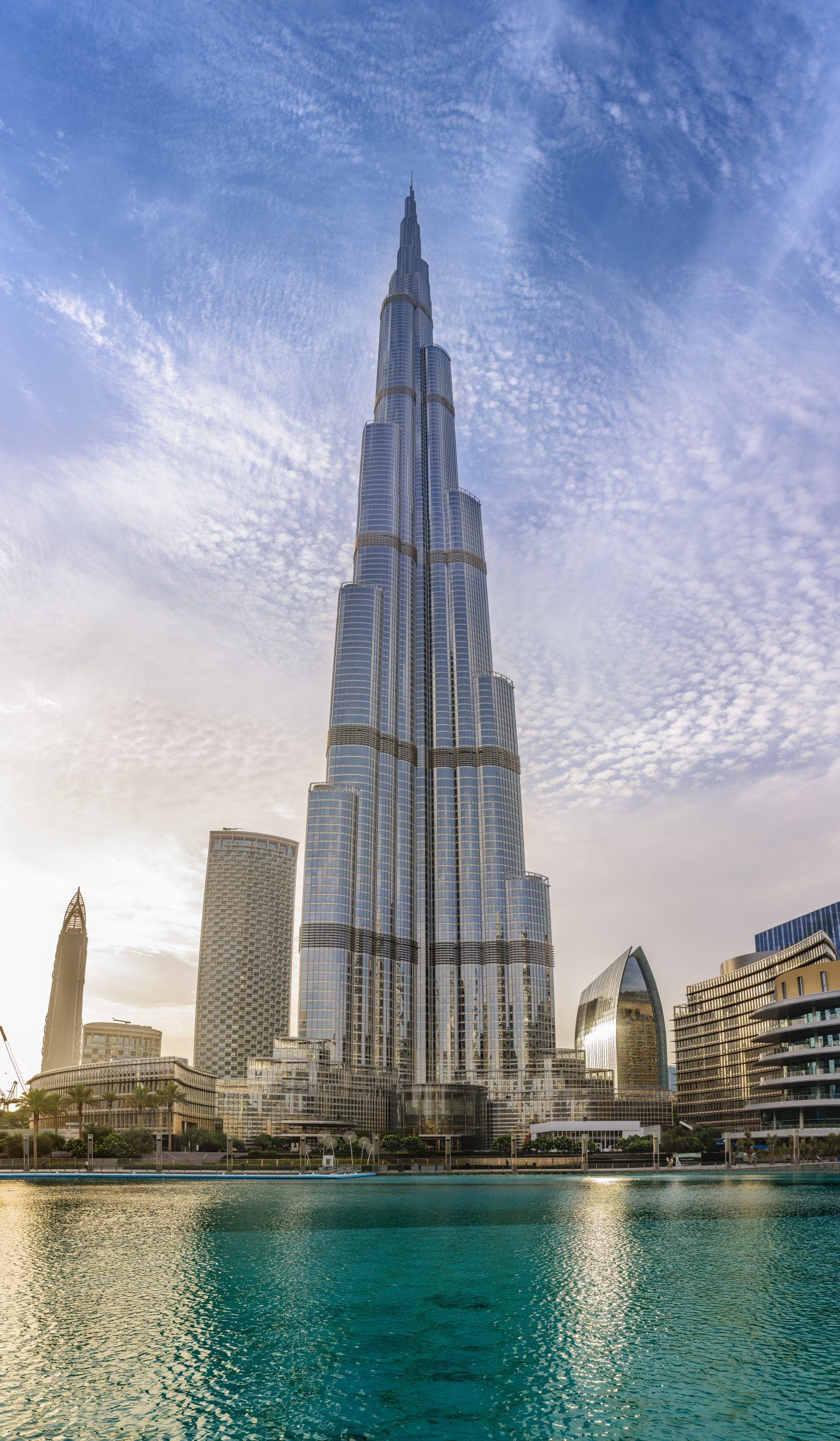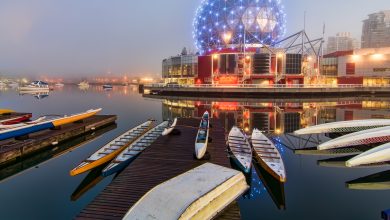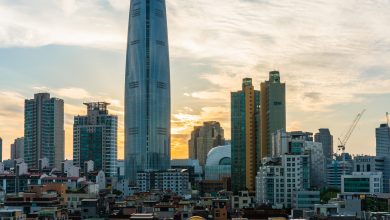Pros and Cons of Living in Dubai, United Arab Emirates

Introduction:
Dubai, a dynamic city in the United Arab Emirates, is known for its stunning skyline, luxurious lifestyle, and modern infrastructure. Living in Dubai offers a unique blend of opportunities and challenges. We will explore the pros and cons of residing in this vibrant Middle Eastern metropolis.
Pros:
1. Economic Opportunities:
Dubai is a global business and financial hub, attracting entrepreneurs, professionals, and investors from around the world. The city offers a favorable business environment, tax incentives, and diverse industry sectors such as finance, real estate, tourism, and technology. Residents have access to a wealth of job opportunities and potential for career growth.
2. Tax-Free Income:
One of the major advantages of living in Dubai is the absence of personal income tax. This allows residents to keep a larger portion of their earnings, enabling potential savings and financial stability.
3. High Standard of Living:
Dubai is renowned for its luxurious lifestyle and high standard of living. The city boasts world-class amenities, high-quality healthcare facilities, top-notch education institutions, and modern infrastructure. Residents can enjoy a comfortable and convenient lifestyle with access to a wide range of services.
4. Cultural Diversity and Global Exposure:
Dubai is a melting pot of cultures, with a cosmopolitan population comprising people from different nationalities and backgrounds. This diversity creates a rich cultural tapestry and fosters an inclusive and tolerant environment. Residents have the opportunity to interact with people from various cultures and gain a global perspective.
5. Safety and Security:
Dubai is considered one of the safest cities in the world, with low crime rates and a well-established law enforcement system. Residents can feel secure and enjoy a sense of peace and tranquility in their daily lives.
6. Modern Infrastructure and Facilities:
Dubai is known for its state-of-the-art infrastructure, including world-class airports, transportation systems, and iconic architectural landmarks. The city is well-connected, making commuting and travel convenient. Residents benefit from efficient public transportation, well-maintained roads, and advanced amenities.
7. Shopping and Entertainment:
Dubai is a shopper’s paradise, offering a wide range of retail options from luxury brands to traditional markets (souks). The city also boasts a vibrant entertainment scene, with diverse dining options, theme parks, cultural festivals, and international events. Residents can indulge in recreational activities and enjoy a rich cultural and entertainment experience.
8. Expatriate Community:
Dubai has a large expatriate community, creating a supportive and welcoming environment for international residents. Expats can connect with like-minded individuals, participate in social clubs and organizations, and experience a sense of belonging in this cosmopolitan city.
Cons:
1. Cost of Living:
Living in Dubai can be expensive, particularly in terms of housing and certain lifestyle amenities. Rental prices can be high, especially in desirable areas. Additionally, the cost of imported goods, dining out, and leisure activities can also contribute to a higher cost of living.
2. Extreme Weather:
Dubai experiences hot and dry summers with temperatures reaching well above 40°C (104°F). The high heat can be challenging for some individuals, requiring adjustment and precautions to ensure comfort and well-being. Winters are milder but can still be relatively cool, with temperatures ranging from 14°C to 24°C (57°F to 75°F).
3. Cultural Adaptation:
While Dubai is known for its tolerance and openness, it is important to adapt to the local culture and traditions. The city operates under Islamic law, and certain customs and practices may differ from those in other parts of the world. Respect for local customs is essential for seamless integration.
4. Traffic Congestion:
Dubai’s rapid development has led to increased traffic congestion, especially during peak hours. The city’s road network, although expanding, can become crowded and result in longer commute times. Strategic planning and utilizing alternative transportation options, such as the metro, can help mitigate these challenges.
5. Limited Social Freedoms:
Dubai adheres to certain cultural and social norms that may limit certain freedoms and behaviors compared to more liberal societies. It is important to familiarize oneself with local laws and regulations to ensure compliance and respectful behavior.
6. Dependence on Private Transportation:
While Dubai has an extensive public transportation system, the city’s layout and urban sprawl often necessitate private vehicle ownership for convenient mobility. Relying solely on public transport may not be as practical or efficient in all areas.
7. Distance from Family and Home Country:
For expatriates, living in Dubai may mean being far away from family and home country. Adjusting to a new environment and being away from familiar support systems can be challenging, particularly for those who place a high value on close family ties.
Conclusion:
Living in Dubai offers a dynamic and cosmopolitan lifestyle, abundant career opportunities, and access to world-class amenities. However, it is important to consider factors such as the cost of living, extreme weather, cultural adaptation, and traffic congestion. By carefully evaluating the pros and cons, individuals can make informed decisions about whether Dubai is the right place for them to call home.



